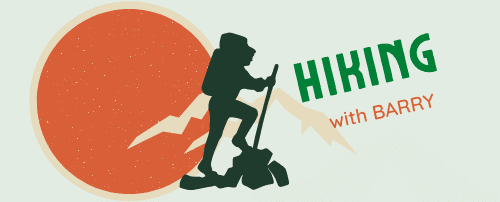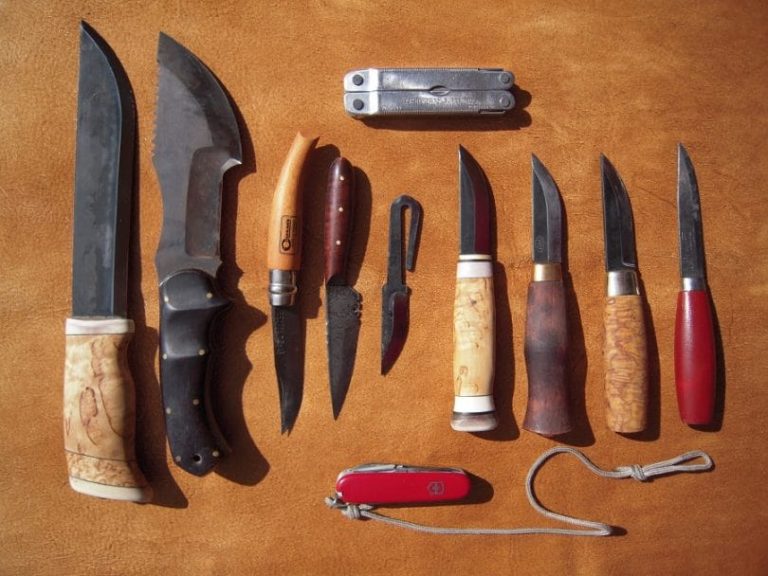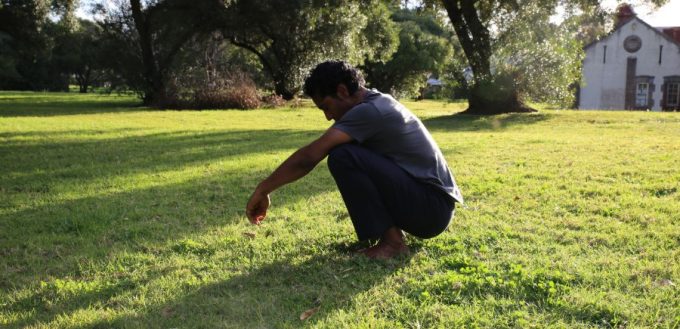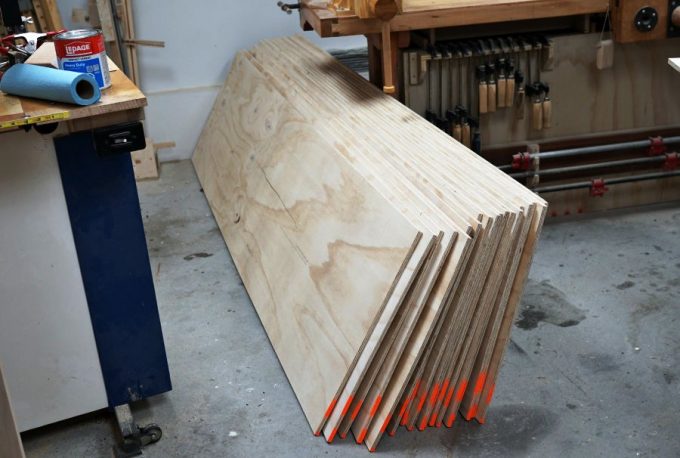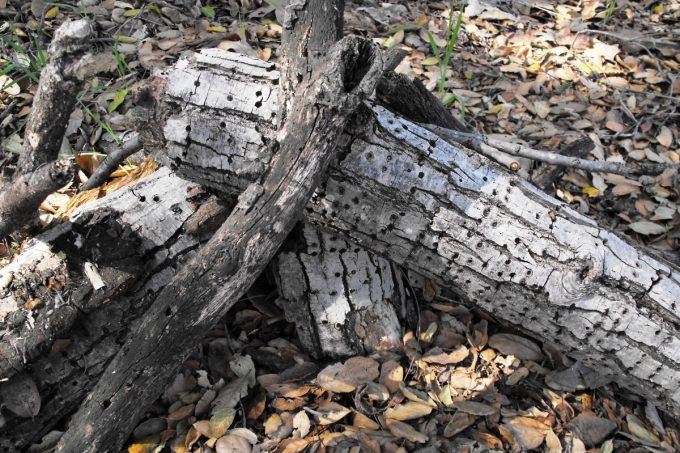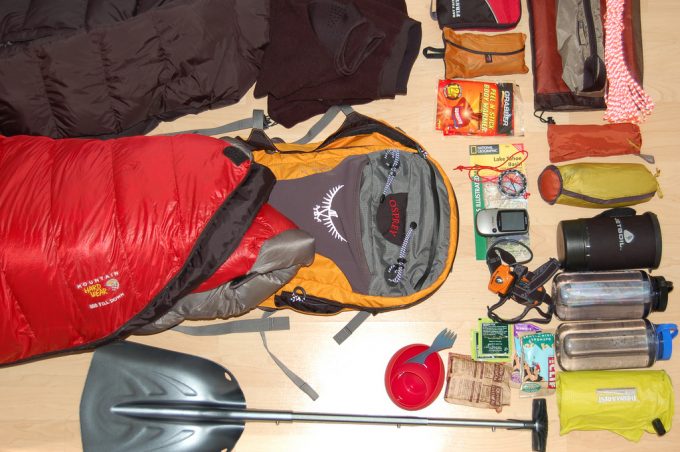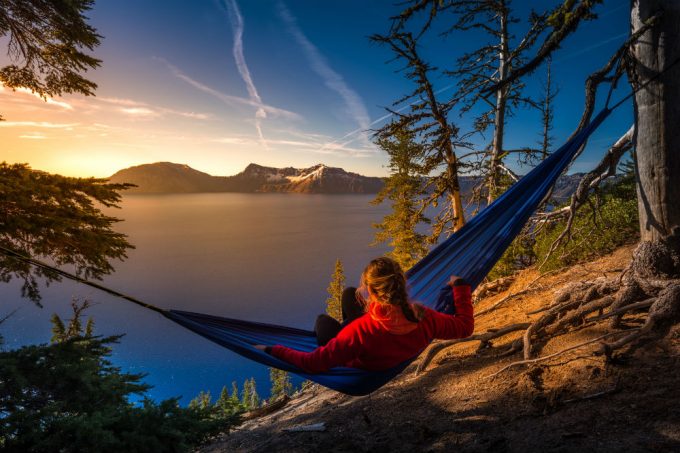Car Camping Checklist: Everything You Need to Bring on the Ride
If you are struggling with knowing what to bring on your camping trip you are not alone. With so many things to pack, it can be challenging to identify which items are essential and which are better left at home. You will need a car camping checklist to make sure that your adventure with family and friends will be more enjoyable. Car camping is a great activity not only for families but also for friends.
An itemized list of what to bring when you go camping will reduce your tasks and worries. From food to shelter and equipment, the right camping checklist has to consider numerous factors. An appropriate order of things you bring with you should also be acknowledged, as you have limited space and you want to make sure not to leave any essentials behind.
Fortunately, this post will help you understand everything you need to bring on your next car camping. This way, you will be able to rejuvenate and relax before you go back to school or work. In case you are planning to stay outdoors overnight or during the day, this list will help you stock up for your trip.
Importance of Car Camping List
Whether you are camping with family members, friends, or romantic partner, it is crucial to get ready in advance. If you haven’t started preparing for your trip in terms of food and supplies that you want to bring with you, consider creating a checklist or see the list provided below.
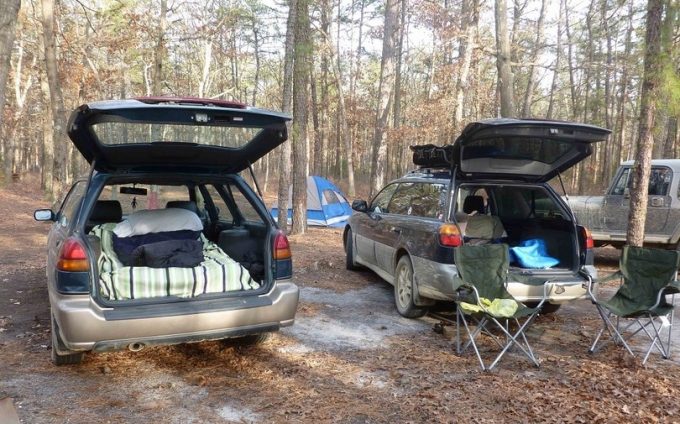
The most significant advantage of having a checklist is that it helps you ensure that you bring everything you need with you. Forgetting something important behind that can cause trouble in your trip. Most people use checklists to make sure that they bring enough clothes, food, and camping equipment. You can also list all the activities you’d like to participate in during your adventure.
Another benefit of having a list is that it makes it easy to go shopping for food, gears, and other supplies. When it comes to food, you may want to add rolls, ketchup, hamburger meat, and more.
Car Camping List
When it comes to car camping, most of the situations are out of your control. It is best to be prepared before leaving for a weekend getaway or adventure.
Shelter
When you’re car camping, finding the ideal tent is usually not a problem. Just make sure that you also bring other things with you.
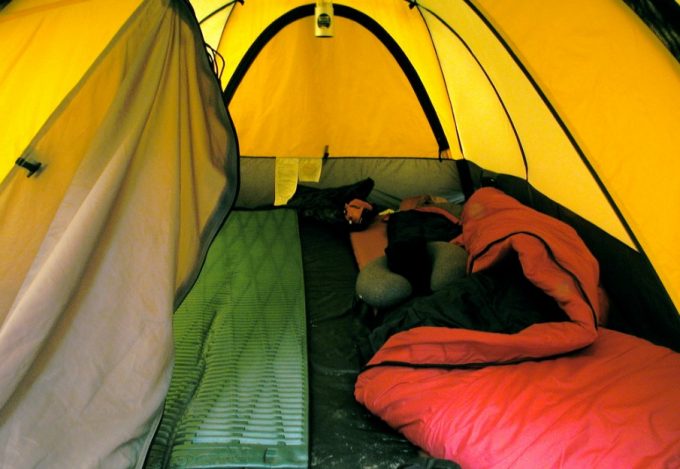
- Tent and poles – When choosing a tent, it is recommended to get one that is slightly bigger than your needs. A 5-person tent for 4 people gives additional space for everyone. Consider looking for a canopy tarp and footprint in case of unexpected rain.
- Tent heater – Depending on the time of the year, tent heater may be necessary. We recommend turning it on only when you go to bed and when you get up in the morning. Alternatively, you can learn simple tricks on how to warm up your tent.
- Sleeping bag – The sleeping bag will also depend on the time of the year and the environment you are in. You will want one that provides enough warmth if you are planning to camp in a cold climate.
- Sleeping pads – The basic types of sleeping pad are closed-cell foam, self-inflating, and air pads. Decide according to your intended use and needs.
- Pillows – Bringing a pillow when you’re camping is not usually an issue. However, if you don’t have enough space in your bag or car, you can always use your knapsack as a pillow.
- Blanket – Selecting the correct type of camp blanket is critical when you’re camping or backpacking. You can choose thermal blankets, fleece blanket, emergency blanket, wool blanket, or puffy packable blanket.
Clothing and Footwear
Always check the weather conditions and temperature forecasted for your camping trip. Pack garments that make you comfortable, but keep in mind that it is important to be prepared at all times. Consider some of these essentials:
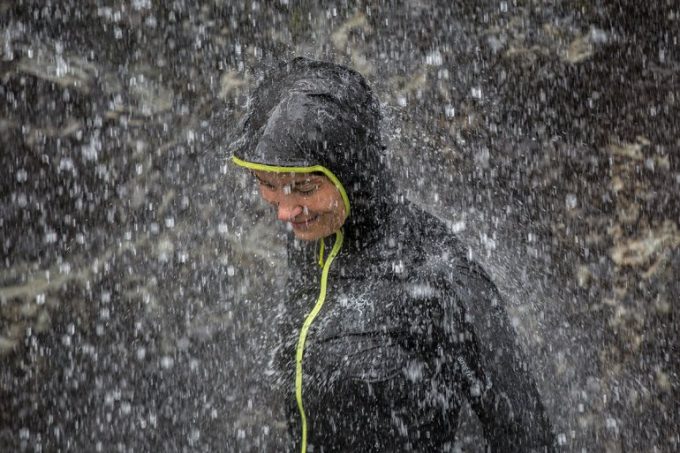
- Raincoat or rain jacket – When choosing a rain coat or rain jacket to bring, consider the construction, zippers, adjustment features, vents, pockets, and packability of the item.
- Quick-drying shorts or pants – You want your pants and shorts to dry quickly, especially when it rains.
- Moisture-wicking underwear and T-shirts – Because your clothes are limited, you want to make sure that your shirts and underwear have the moisture-wicking ability. This will prevent odor and bacteria from developing.
- Waterproof sandals – When you’re in the wild, there will be instances that your footwear will get wet.
- Wool socks – Whether you’re camping, hiking, or backpacking, the cushioning of wool socks provide warmth and comfort.
- Gloves – Choose the right pair of gloves to keep your hands warm and for other activities that you want to do like hiking, skiing, and snowboarding.
- Warm hat – Camping during winter can be more enjoyable and comfortable with a warm
- Sunglasses – When the sun is high, having sunglasses will help you see comfortably in the daylight.
- Fleece jacket, sweater, or hoodie sweatshirt – Depending on your location and time of the month, consider having sweatshirt or sweater to keep the body
- Camp shoes and flip-flops – Camp shoes give you comfort while keeping your feet clean. They also let your feet breathe as you dry your other shoes.
- Hiking boots – These may be necessary in case you plan to go hiking or walk for extended periods of time.
- Clothesline and clips – If you are planning to stay outdoors for a few days, you may consider bringing clothesline and some clips to dry your clothes.
Hygiene
Nobody likes a smelly backpacker, so you will need to pack all some toiletries.
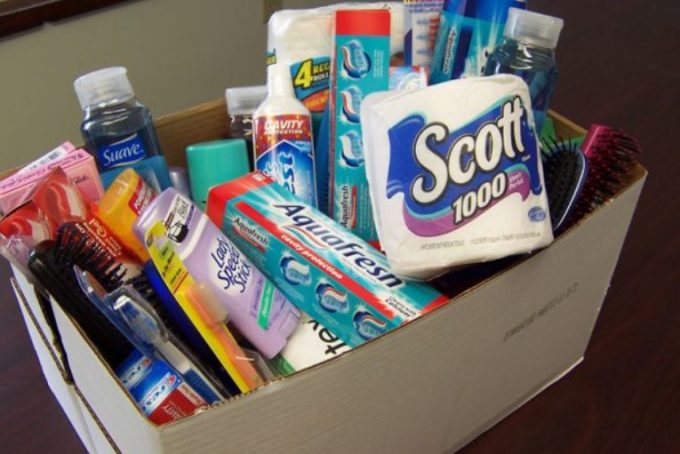
- Toilet paper – Consider buying biodegradable toilet paper as these are less bulky. They tend to dissolve more quickly in septic tanks.
- Deodorant – Use unscented deodorants as flying insects are attracted to fragrances. Also, do not wear cologne when camping.
- Sunscreen – It is essential to protect your skin against sunburn that can cause wrinkles, premature skin aging, and skin cancer. You can use sunscreen in many forms, such as sprays, lotions, creams, gels, wipes, and sticks.
- Lotion and lip balm – You can also opt for a lotion that also works as a repellent. Whether you’re planning to hike or staying on the ground, consider packing a lip balm to prevent your lips from drying out.
- Shampoo and conditioner – Bring mild and unscented shampoo and conditioner. You may also consider dry shampoo to remove the greasy feeling while in the campsite.
- Hand sanitizer – These items are small and useful when water is not readily available.
- Baby wipes – If running water is not available in the campsite, consider having baby wipes in your backpack. Look for unscented ones to prevent skin irritation.
- Toothbrushes and toothpaste – Packing things for camping trips can be overwhelming that people tend to forget these essential items.
- Towels – Bring towels that are absorbent, lightweight, and dry quickly. Packing a wet towel will also cause your bag and other gear to smell.
- Toiletry bag – Things like a comb, toothpaste, toothbrush, shampoo, wipes, and other things you use to make your body clean can be organized in a toiletry bag.
Gears
Depending on the size available in your vehicle, you may want to bring some of these camping gears with you.
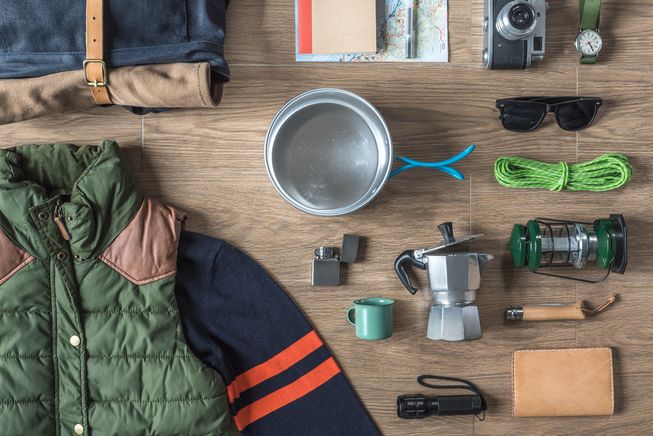
- Instant canopy – When choosing a canopy frame, consider the durability, leg angle, and weight. You may also start by deciding whether you need a slanted or straight leg.
- Map and compass – Smartphones may have apps for determining your location. However, in some rural areas, you cannot use your cellular data. Whether you don’t have signal or you run out of battery, it is best to bring a compass and map.
- Matches – Making your own fire while camping can be fun, but it may also take a while. Consider bringing a box of matches in case you want to cook right away or warm yourself up.
- Firewood – Some of the best types of firewood to burn in campfires are maple, oak, cherry or black cherry, birch, ash, and beech.
- First aid kit – It is essential to bring first aid kit when you are camping. A well-stocked kit contains adhesive bandages, gauze pads, butterfly bandages, antiseptic ointments and creams, sterile wipes, and rinse solutions. You can also bring antihistamine, eye drops, hydrocortisone cream, and prescription medicines.
- Tent repair kit – No one wants to deal with damage or tear in their tent. Look for a pack that includes adhesive-backed, two mesh screen patches, and ripstop nylon patches.
- Swiss army knife – Having a pocketknife or multi-tool allows you to complete simple tasks, such as cutting ropes, cleaning fish, opening cans or bottles, and more.
- Emergency whistles – Another important addition to your backpack is an emergency whistle. This will help rescuers or your group find you in case something goes wrong.
- Duct tape – When it comes to being resourceful, duct tape comes with many purposes. It can be used for repairing a tear, sealing food packages, making a windbreaker, fixing glasses, marking a trail, and more.
- Headlamp, lantern, or flashlight – When buying a flashlight for camping, look for LED bulbs that can last up to 50,000 hours. They should be shockproof, water-resistant, and scratch resistant. You can also consider other features, such as an adjustable beam, mounting adapter, and defensive features.
- Garbage bags – Never leave garbage or food unattended overnight or when leaving the campsite. Aside from food, other animals and insects may be attracted to some of your items, such as soap, shampoo, toothpaste, and other hygiene products.
- String or rope – There are many uses for rope in camping, such as support for shelter, travel aid, rescue line, towing device, and more.
- Hammer – A hammer can be used for driving stakes for a sunshade or tent, splitting firewood, removing stakes, and more.
- Foldable prep table – You want your cooking station or prep tables to be foldable and sturdy enough to accommodate heavy food items, bowls, and cooking utensils. Consider looking for cooking tables that feature many different compartments for your needs.
- Extra tables – Prep tables are not recommended as a dining table. If necessary, bring additional tables or extra blankets for other stuff.
- Camera – Taking photos on a camping trip is a great way to bring your adventures home.
- Power bank charger – If you are using your phone’s camera, or your other devices are running out of battery, having a power bank charger will reduce your worry while you’re in the wilderness.
- MP3 player with speakers or travel radio – Although chirping of the birds, running water from the river, and other natural sounds are good to hear; you may want to listen to your own songs while camping.
- Bus spray – While you’re in the campsite, you may have to deal with mosquitoes, flies, and other types of insects.
Personal Items
Here’s a list of a few personal items everyone should carry on their trip, even if they don’t get to use them all the time.
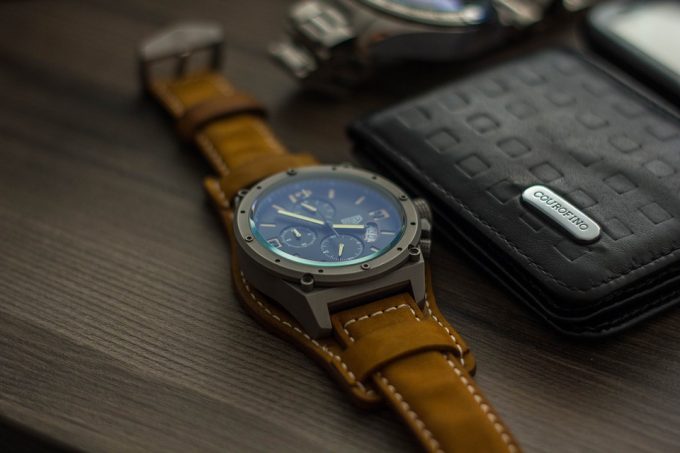
- Wallet (cash, debit, credit, ID)
- Keys (house, car)
- Watch, alarm clock
- Camping reservation information
- Cellphone and charger
Kitchen Supplies
Select according to your needs and personal taste but also don’t forget to think about the amount of cooking you’ll be doing.
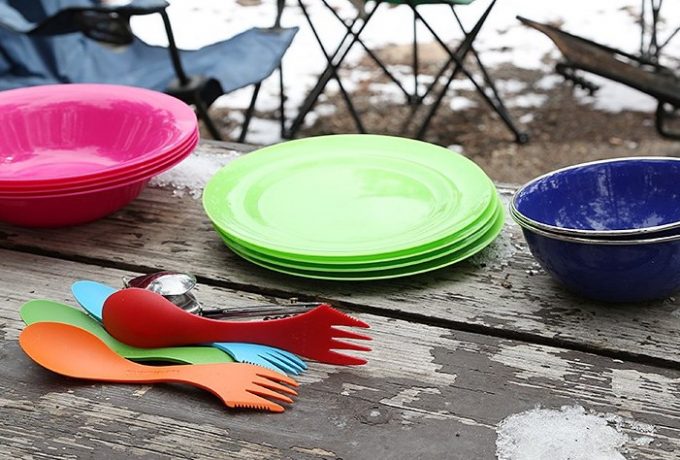
- Water bottles
- Mugs
- Coolers
- Camping stove
- Pot or frying pan
- Spatula
- Whisk
- Plates, bowls, cups
- Antibacterial soap
- Scissors
- Tongs
- Teakettle
- Knife
- Chopping board
- Aluminum Foil
- Food storage bags or containers
- Cutting board
- Tupperware
- Coffee drip cup
- Dishrag
- Sponge
Food
Food definitely is a matter of personal choice but we thought we’d give you a few sample ideas of what we consider to be some camping basics. Feel free to add or take as you see fit!
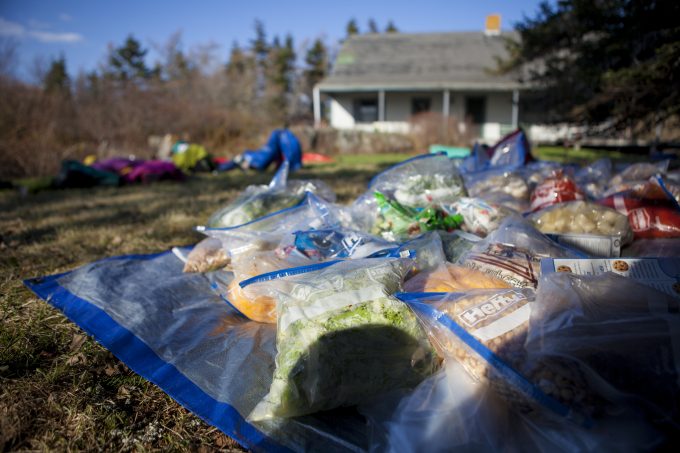
- Bread
- Snacks
- Ground coffee
- Milk, tea, drink mixes
- Canned or bottled beverages
- Cooking oil
- Meat
- Spices
- Marshmallows
- Energy food (trail mix, gels, bars)
Others
If you always feel like you’re forgetting something that might come in handy, then stop by over here. These are some miscellaneous items every camper might need at one point or another.
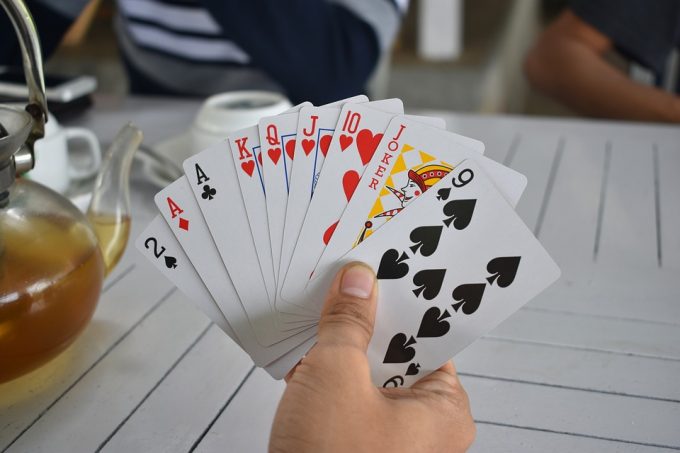
- Playing cards
- Books
- Glow sticks
- Pen
- Mosquito nets
- Walking staff or trekking poles
- Fishing gear or climbing gear
- Surfboard, kayak, bathing suit
- Small broom
- Binoculars
- Work gloves
- Water filtration system
Bundle Up!
Camping is the ultimate vacation for families, friends, and lovers. There is nothing as magical as watching the stars shine bright or simply relax in the middle of nowhere. Bringing all of the essential items with you can make your experience even more fun and convenient.
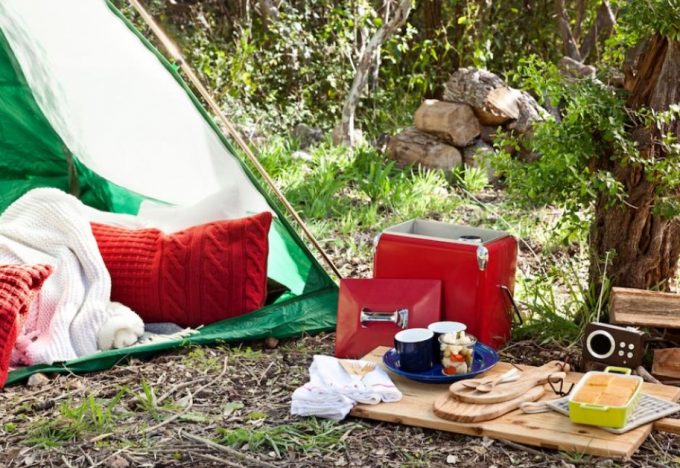
Always remember that nature is wild and should stay that way, so take your rubbish with you if there are no garbage disposal bins available. Don’t forget to also follow animal safety advisories to make sure that everyone will be safe.
Whether it is your first time or you’re an experienced camper, we hope that this camping checklist will help you with your next adventure. If we forget to include something in our list, please let us know in the comments section below. Have fun and let us know how you prefer to spend your car camping adventures!
